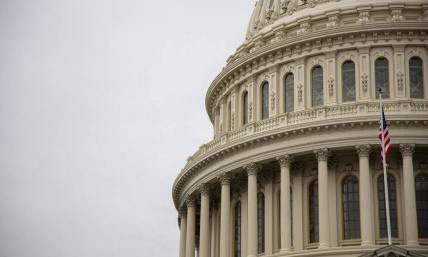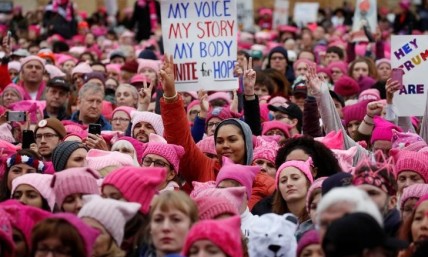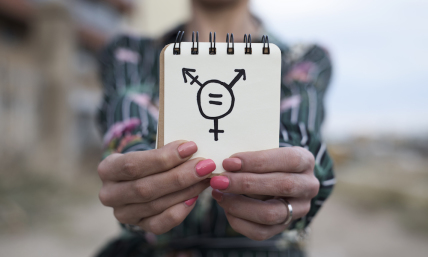Millennials and the false gospel of politics
If millennials’ and Gen Z’s political views are near-religious, then the devotion to that religion that Alter describes and reflects can be called a cult of adolescence.


If millennials’ and Gen Z’s political views are near-religious, then the devotion to that religion that Alter describes and reflects can be called a cult of adolescence.

“What is a woman?” It seems like answering that question would be a prerequisite for participating in a women’s march. Yet incredibly, none of the women he talked to could give him a clear answer.

The Scouts have lost nearly a million members. The loss of the Scouts is just another blow in a culture already failing young men.

Just about every major movie release these days is scrutinized about whether or not it will feature an obvious LGBT character.

Conservative voices on Twitter had a heated debate over whether or not the government should get involved in the fight against pornography—particularly because of how it impacts our kids.

The New Atheism has been largely replaced. Some folks who once joined in on the outrage against religion got woke instead and now aim their outrage at privilege, oppression, and perceived inequalities.

The women I am thinking of have at least one thing in common: In their various causes and through very different work, they speak up for those who, in our culture, have no voice: the unborn, those with disabilities, or victims of the sexual revolution.

President Trump has already restricted NIH experiments using fetal tissue. It’s likely he’d be willing to end our long national experiment in embryo-destructive research, as well. But he needs to hear from us loud and clear.

The very fact that we now find ourselves as Christians lining up with radical feminists makes me wonder if we are, in fact, approaching a turning point.

But the whole project to put boots on another planet—something incredibly expensive, dangerous, and time-consuming—raises an interesting question: Why should we do this?
